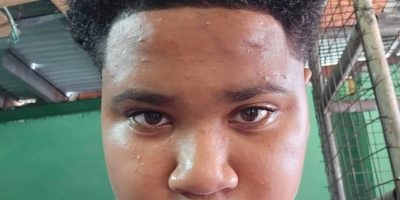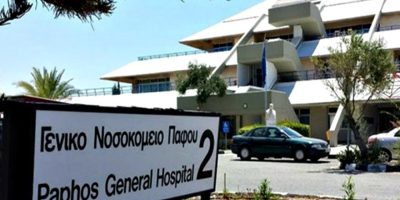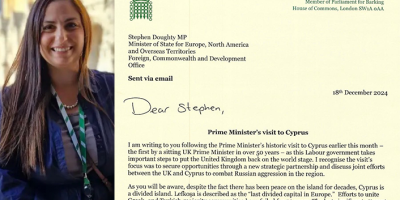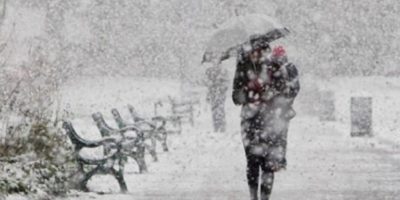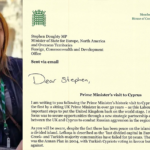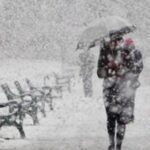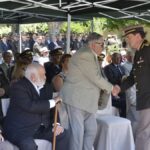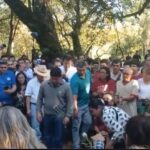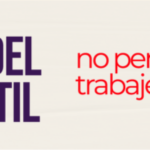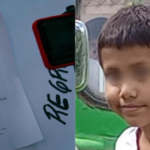Newsday
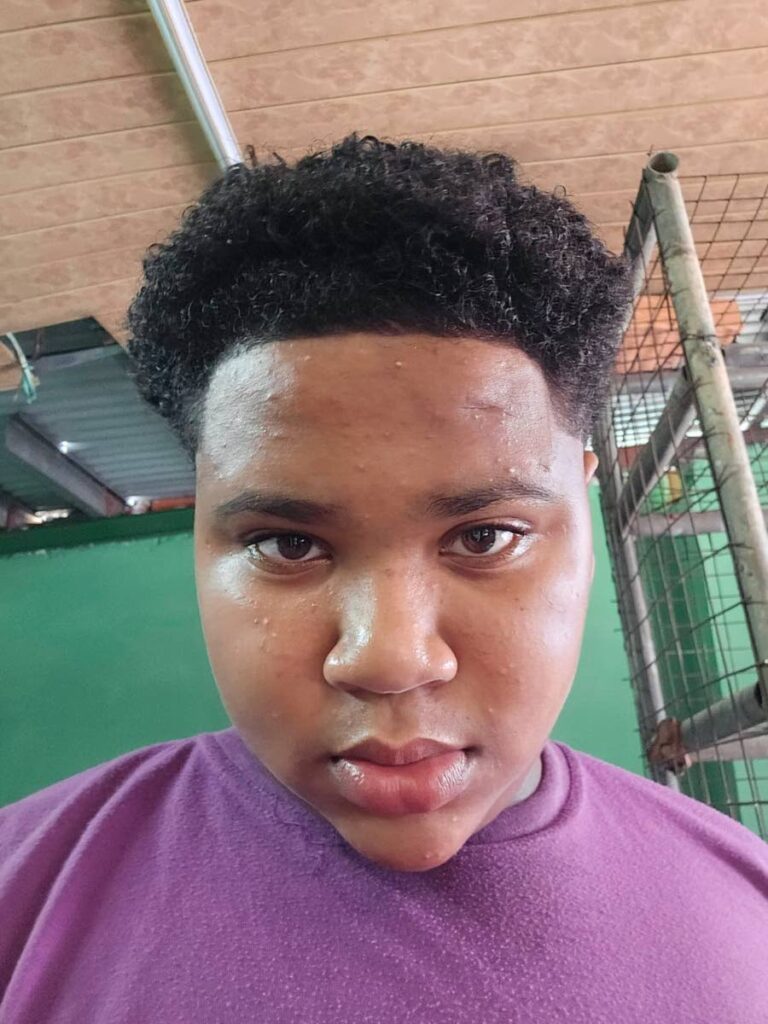
Fourteen-year-old Zaheer Samuel was helping his parents offload potted plants at dawn on Wednesday at their small shop on the Eastern Main Road, St Augustine when armed men kidnapped him.
The boy overheard his abductors discussing a ransom of $200,000, but according to his father, no call was ever made.
Police activity played a role in the successful escape of Zaheer after he was abducted, but the police rush to congratulate officers is premature.
Officers searched the Valencia district in an “intelligence-led operation,” and according to the teen, police sirens unnerved his captors, prompting them to take him deeper into the forest of Cumaca. Eventually, the kidnappers left, abandoning the operation and the boy.
Zaheer then walked for almost five hours through the forest in the darkness. At one point he encountered a camper who pointed him toward habitation.
>
It would be after ten at night, that the teenager stumbled into the yard of a house in Valencia and found people willing to help him. He had been taken against his will for more than 18 hours.
The police became involved in Zaheer’s rescue after the Valencia good Samaritans called them—hardly the successful operation that the Police Service boasted of.
It’s likely that the kidnappers’ unnerving sense that they may be found played as much of a role in Zaheer’s trek to freedom as his courage and determination in making his way out of a forest at night.
William Samuel, the boy’s father and owner of the plant shop, was a poor target for ransom. The teen victim also benefited from a sketchy plan for his continued abduction. But his story is a rare positive outcome in this country’s history of kidnapping.
There are lessons to take away from this unfortunate incident, but most emphasise the value of community and looking out for each other.
The teen can’t recall the camper’s name who helped him in the forest, which is unsurprising given the circumstances. The family who helped him after he emerged from the forest wasn’t interested in publicity or being identified.
That choice might be motivated by fear of retribution, or it might simply be that they don’t care for any attention resulting from their capacity to be caring, concerned human beings.
Our country needs more people who choose to look out for their neighbours, which is everyone in this small island nation, and fewer criminals operating with impunity.
On his journey to freedom, Zaheer was helped out of darkness by people who did not hesitate to do the right thing.
>
In a season that professes the values of love and compassion, it’s an example that we should all take to heart.


